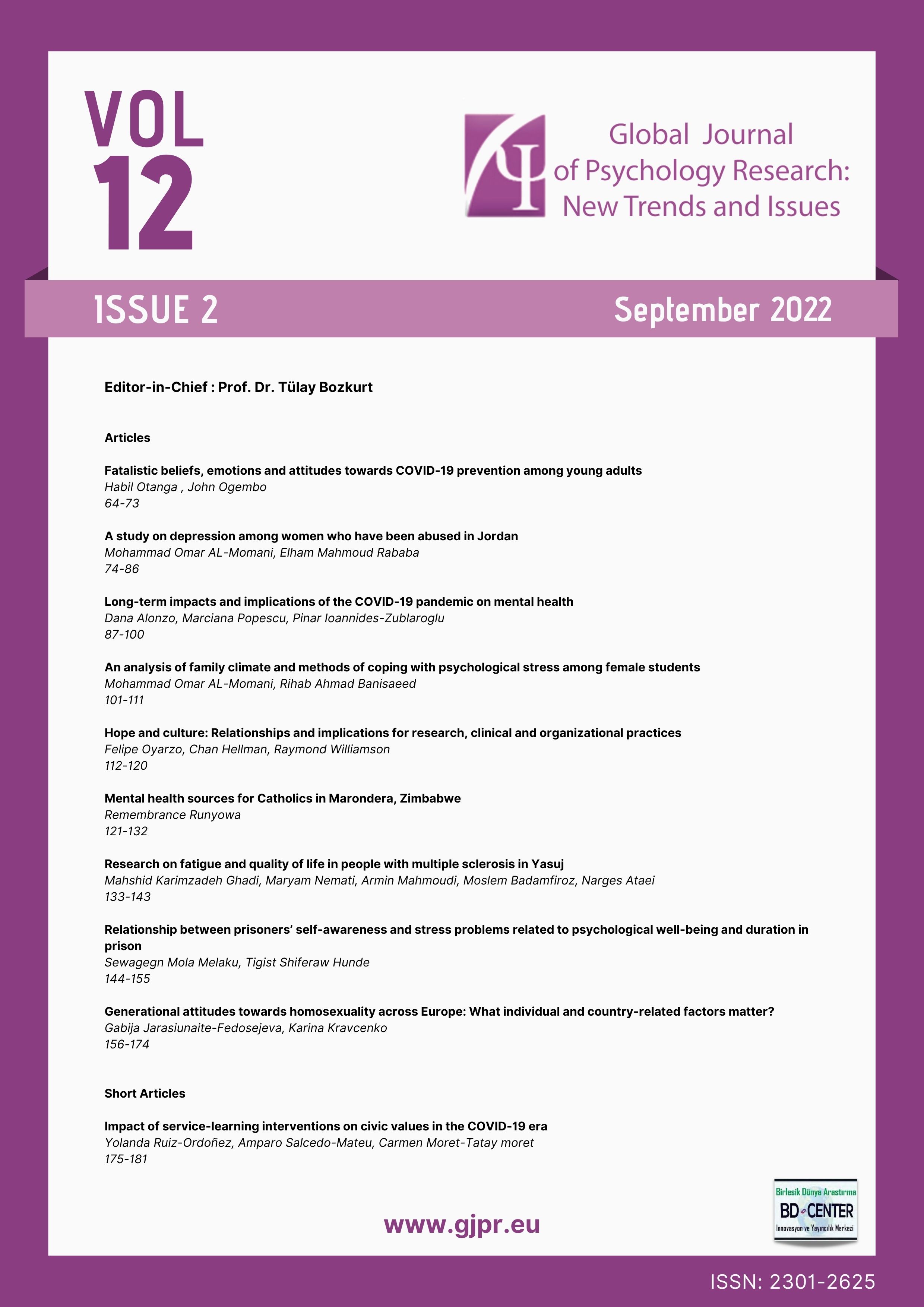Generational attitudes towards homosexuality across Europe: What individual and country-related factors matter?
Main Article Content
Abstract
Only a few studies have examined generational differences in attitudes towards homosexuality across Europe. Also, little is known about the explanatory factors for these attitudes. This study aimed at exploring the differences between generations in attitudes towards homosexuality across Europe and examining the importance of individual (gender, education, religiosity, political views and parenthood) and country-related (communist history, laws and policies guaranteeing lesbian, gay, bisexual and transgender people [LGBT] rights) factors in explaining such attitudes of different generations. The European Social Survey Round 9 data with 47,086 respondents from 27 European countries were analysed. The results showed that each younger generation was more accepting of homosexuality than the previous one. While gender, religiosity and communist history of the country were important predictors of attitudes towards homosexuality in all generations, the importance of education, political views, parenthood and laws and policies guaranteeing LGBT rights differed. This study extends the understanding of attitudinal changes and generational differences in attitudes towards homosexuality.
Keywords: Attitudes towards homosexuality, generations, European Social Survey
Downloads
Article Details

This work is licensed under a Creative Commons Attribution 4.0 International License.
